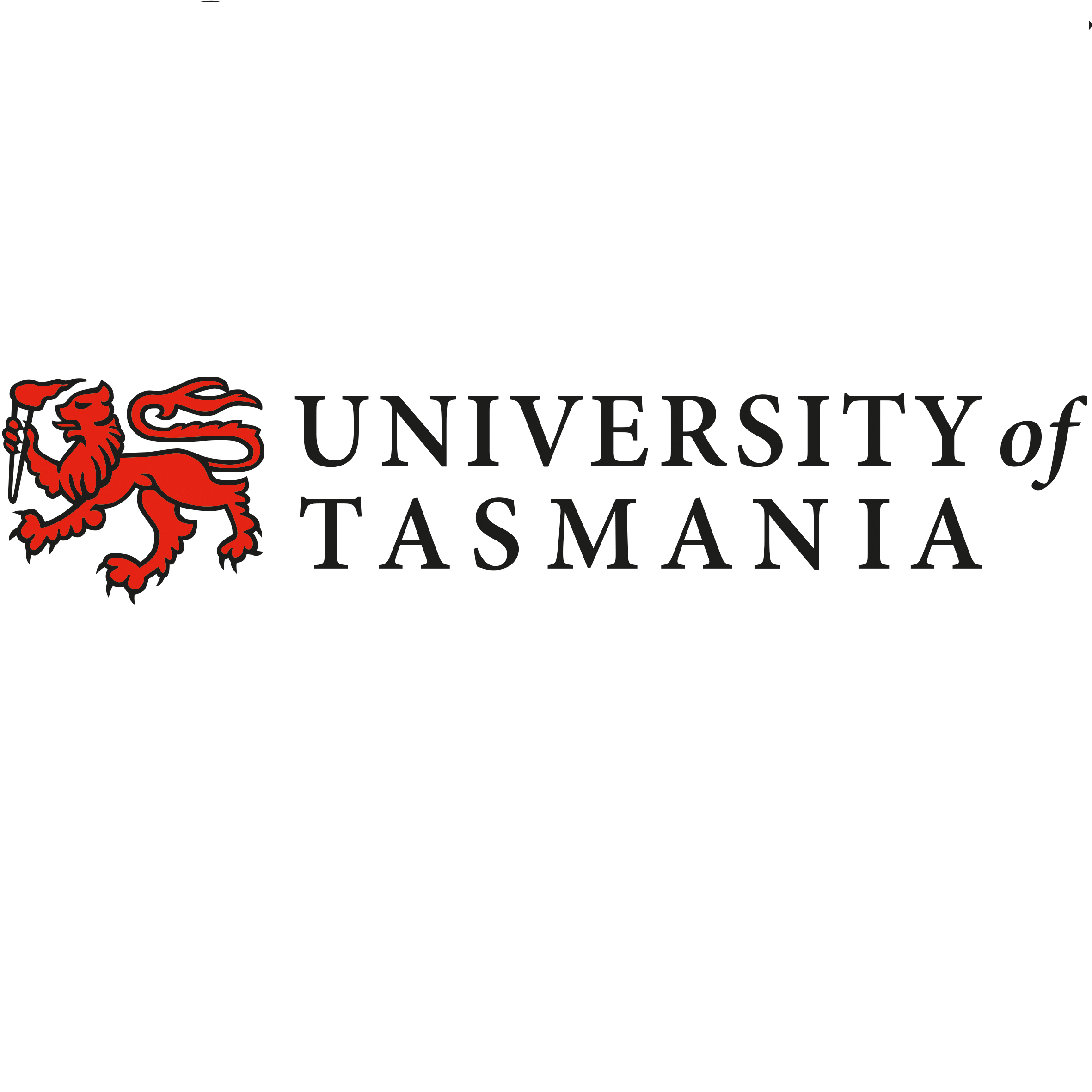Full description
The trips4health study was a single-blinded parallel design randomised controlled trial (RCT) to assess the impact of a bus trips incentives intervention on physical activity and transport behaviours. The trips4health RCT planned to assess participants at three timepoints (T1: 0 months, T2: 4 months, T3: 10 months), with an intervention group receiving a four-month incentive-based program to increase public transport use between T1 and T2 and a control group that did not. When RCT was abandoned because of the broadscale social changes imposed by COVID-19, uncertainty about the progress of COVID-19, participant safety concerns, and the impact of COVID-19 on study validity, 110 participants had completed the T1 assessment, 64 of whom had completed the T2 assessment, and none had completed the T3 assessment. Participants of the abandoned trips4health RCT who had completed the T1 assessment were invited to complete two additional assessments (T2v2, then T3 three months later). At each timepoint, participants completed a one-week assessment period in which they wore an accelerometer, completed a seven-day transport diary, and completed an online survey of physical activity, transport behaviours, health, economics, and demographics. Transport smartcard boardings were passively tracked during the 16-week trial period and the 10 weeks pre- and post-trial periods. For a full decription of the data, please refer to the Codebook in the Related Information.Data time period: 2019-09 to 2021-03
Subjects
Behaviour and Behaviour Mechanisms |
Behaviour and Health |
Behavioural Epidemiology |
Disease Outbreaks |
Epidemiology |
Exercise |
Health |
Health Sciences |
Public Health (Excl. Specific Population Health) |
Public-Private Sector Partnerships |
Sedentary Behaviour |
Translational Medical Research |
Transportation Facilities |
bus use |
commuting |
physical activity |
public transport |
walking |
User Contributed Tags
Login to tag this record with meaningful keywords to make it easier to discover
Identifiers


